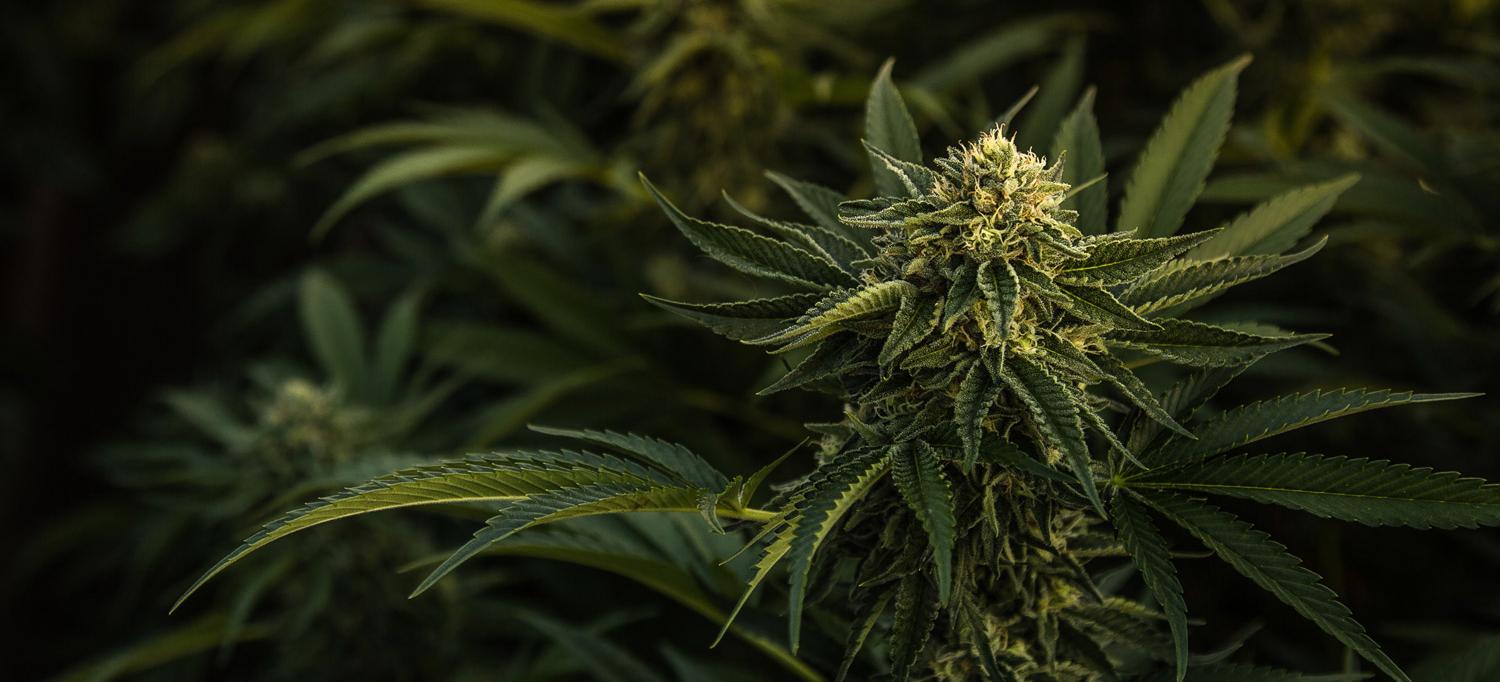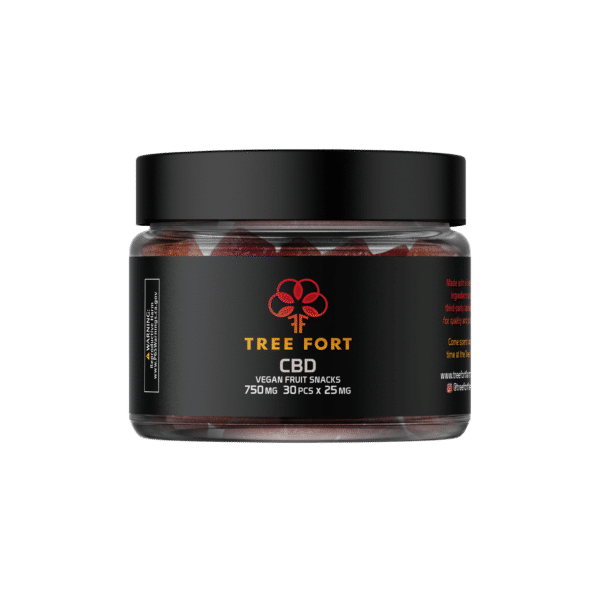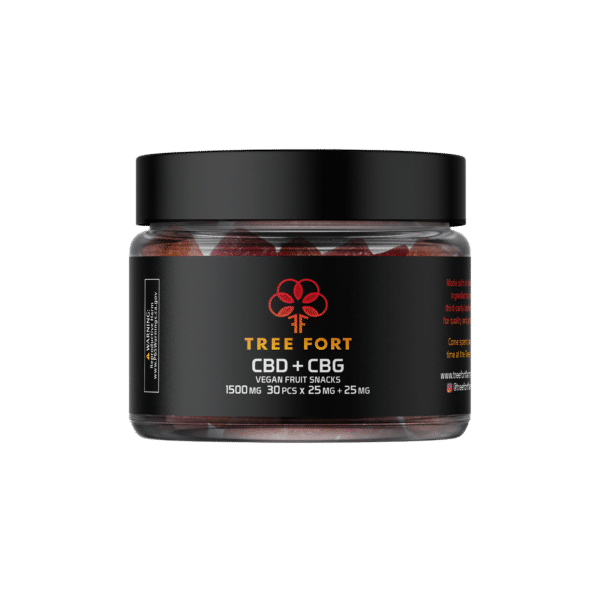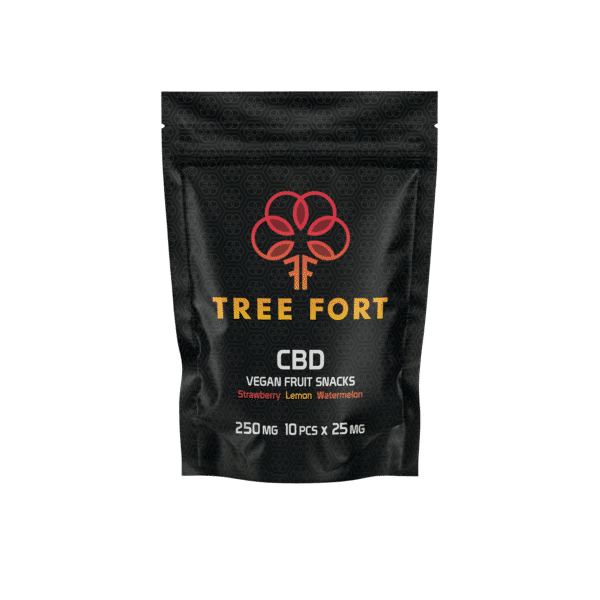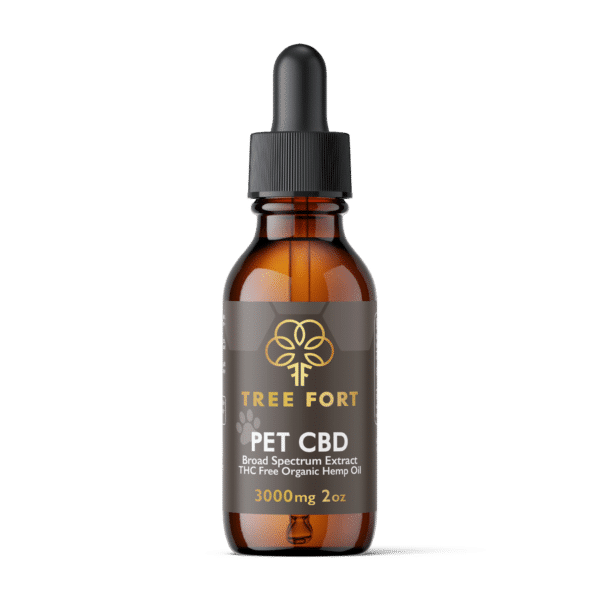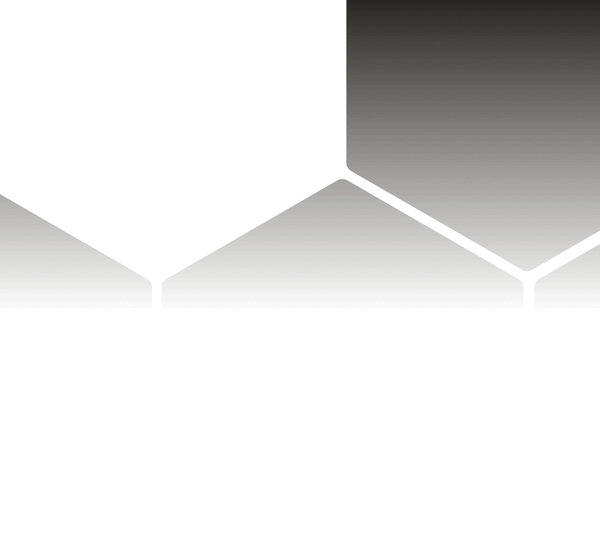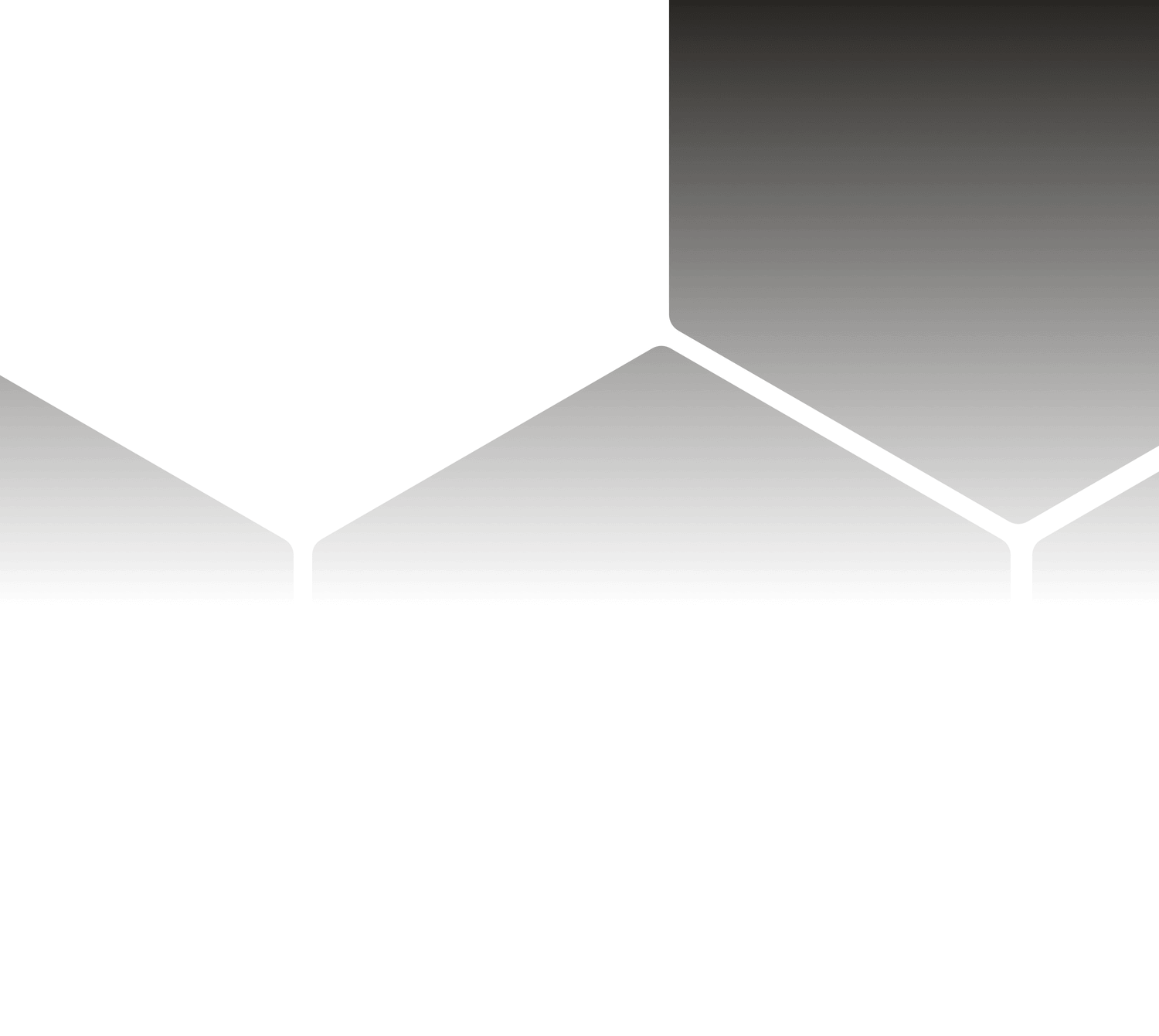Some facts about CBD (Cannabidiol)
What Is CBD?
CBD stands for Cannabidiol, which is a type of cannabinoid. Cannabinoids are natural compounds found in cannabis plants, including both marijuana and hemp. CBD is one of the most well-known and well-studied cannabinoids, but it’s just one of hundreds that exist. Unlike THC (tetrahydrocannabinol), another well known cannabinoid, CBD does not produce a “high” or any psychoactive effects. This is because CBD and THC interact with different receptors in the brain and body. CBD has gained widespread attention for its potential therapeutic effects. Research suggests that it might help with a range of health issues, such as:
– Pain and Inflammation
– Anxiety and Depression
– Sleep Disorders
How does CBD work?
Cannabidiol, or CBD, is one of many compounds found in the cannabis plant. Unlike THC (tetrahydrocannabinol), the most well-known compound in cannabis, CBD does not have psychoactive properties, meaning it doesn’t produce a “high.” CBD is thought to work by interacting with the endocannabinoid system (ECS), a complex cell-signaling system in the body that plays a role in regulating a wide range of functions and processes, including sleep, mood, appetite, memory, and fertility.
The body produces its own cannabinoids, known as endocannabinoids. CBD is thought to prevent endocannabinoids from being broken down, allowing them to have more of an effect on the body. Alternatively, CBD may bind to a receptor that hasn’t yet been discovered. CBD also interacts with other receptors in the body. For example, it can bind to the TRPV1 receptor, which is known to mediate pain perception, inflammation, and body temperature. Furthermore, CBD has been shown to interact with the serotonin 5-HT1A receptor, which can explain its purported effects on conditions such as anxiety, depression, and sleep disorders. However, it’s important to note that while we have some understanding of how CBD works, the research is still ongoing.
How is CBD different from Marijuana, Cannabis, and Hemp?
CBD, or Cannabidiol, is the second most prevalent active ingredient in cannabis (marijuana). While CBD is an essential component of Medical Marijuana, it is derived directly from the hemp plant, a cousin of marijuana, or manufactured in a laboratory. One of hundreds of compounds in marijuana, CBD does not cause a “high” by itself. According to a report from the World Health Organization, “In humans, CBD exhibits no effects indicative of any abuse or dependence potential…. To date, there is no evidence of public health related problems associated with the use of pure CBD.
Is Cannabidiol legal?
CBD is readily obtainable in most parts of the United States, though its exact legal status in any given State has been in flux. All 50 States have laws legalizing CBD with varying degrees of restriction. In December 2015, the FDA eased the regulatory requirements to allow researchers to conduct CBD trials. In 2018, the Farm Bill made hemp and its derivatives Federally legal in the United States.
Shop
